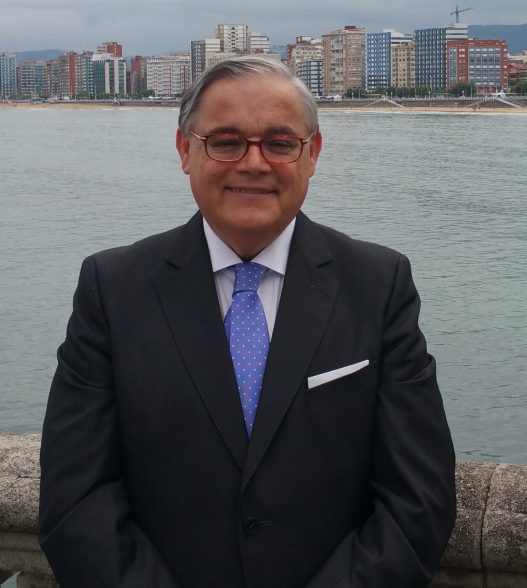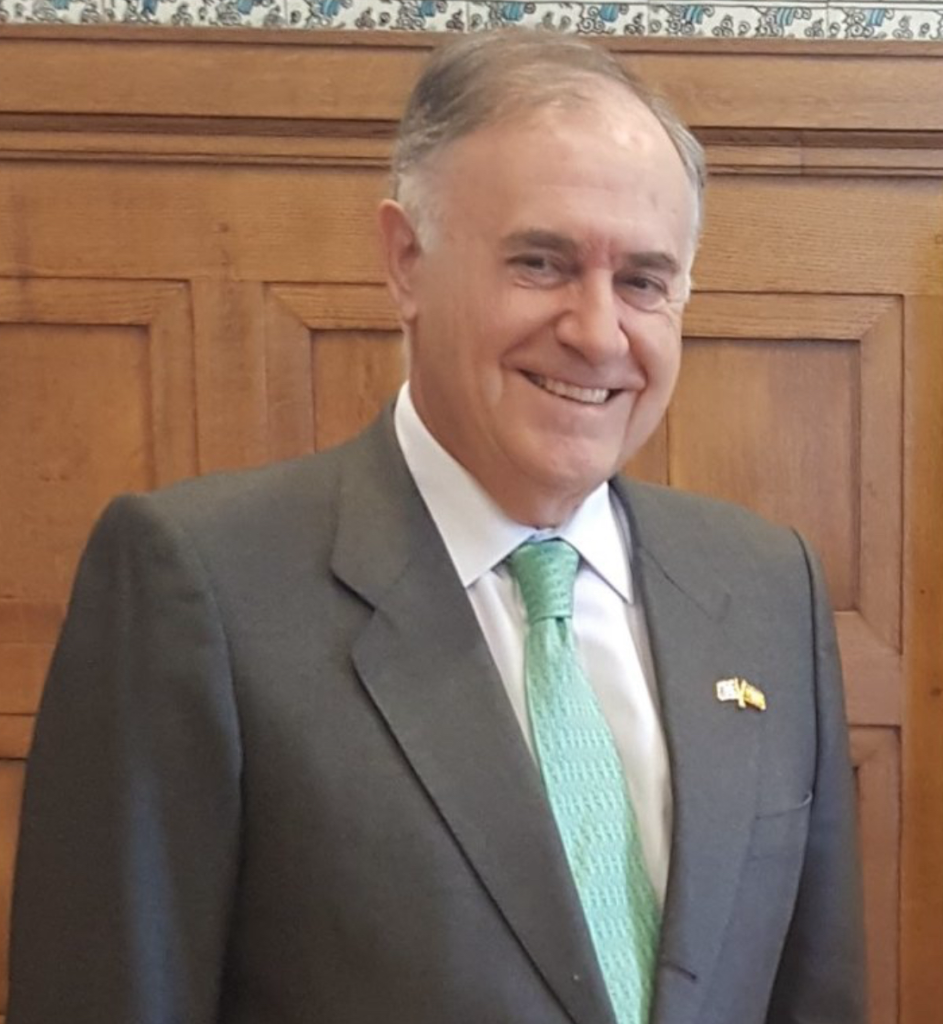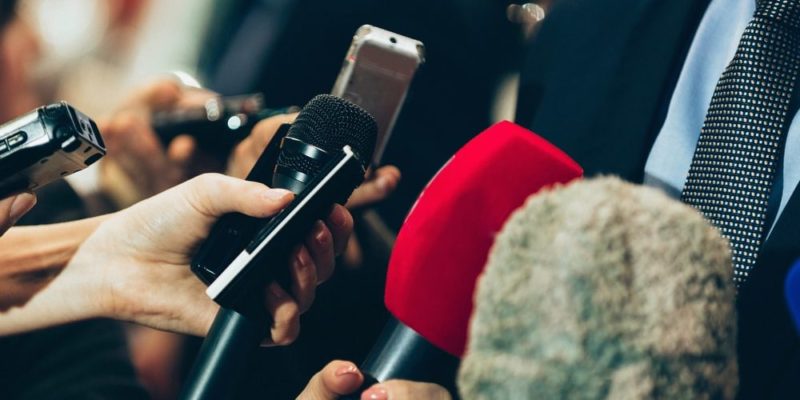ALBERTO BARCIELA
ASTROLABIO CHALLENGE, AN ADVENTURE OF WATER, PAPER AND ILLUSION

The sea deserves respect, but it calls for audacity motivated by the horizon. The human being, in the search for himself, to complete his concerns and desires, to respond to his curiosity, accepts with pleasure the challenge of new directions, suggested by the otear -in the sense of scanning, registering or looking carefully-; by the stars, their ascents and descents, their light; by the winds and their aromas; by the barbaric objects drawn from adarce and deposited on the sand by the tides; or by the fish themselves, undoubtedly the origin of the myths. From the sea we come, with its stories of port taverns, with the smell of saltpeter and adventure, with the powerful imagination of sailors, priceless narrators of truths and dreams, of unfathomable loves with mermaids, and of those small treasures that are their inspiring stories of writers and poets. And to the m And to the sea we return, because life goes, like Fellini’s ship, and comes back, with its challenges, with the need to fill each day with its cares.
It is not strange then, that on a day of February 24, of this already quartered XXI century, between screens and rushes, some Galicians have glimpsed a hope among the waves that always walked. An old and beautiful ship, of seafaring makings, baptized La Peregrina, a steel ship, twenty meters long, fairing, not firm, but almost, in the Varadoiro de O Xufre, set course for La Gomera, to tempt from there a small island, La Deseada, in the Caribbean dreamed, taking advantage of the favorable winds to cross the Atlantic, the trade winds, and dodging the hurricane season.
Eight enthusiastic cabin boys, commanded by an old sea dog, Javier Babé, will be enlisted in the boat and will recover the tradition of the great navigators, that of sailing the Atlantic Ocean with no more help than a simple astrolabe. They will evoke the navigation by estimation as it happened -before the development, in the 18th century, of the marine chronometer by John Harrison and the lunar distance, that was the main method to determine the available longitude-, to Christopher Columbus or Juan Caboto in their transatlantic voyages. And everything will be narrated by Alfredo Conde, with the acquired birthright and the mastery of his mercantile and narrative navigation, which, as he himself would say, one does not know in which one he performs better. From him I learned that “all the great maritime expeditions have been undertaken with the wind against them because the sailors were afraid of not being able to return to the port of departure if they sailed with the wind in their favor”, which, in a certain way contradicts the aforementioned, but possibly does not lack a verifiable truth.
We will continue the adventure. In a way, we will return to the 17th century, through its three thousand nautical miles. We will be able to do it through the web and social networks, we will see it in a TVG series, but above all we will learn a vital lesson of enjoying renewed illusions without suffering the damage of the dehumanization that surrounds us. Ironically, the virtual windows will open to the sea, looking for the light of nature and waiting no longer for the beautiful return of the ships, while like Penelope, we continue weaving and unweaving routines, but of the beings that are transported in them, with whom the tides and the stories will return.
One day, there in A Illa or Vilanova, with Alfredo, Alejando, Javier, Gloria and the other crew members, we will remember Homer, and we will repeat that beautiful saying: “Set out on the voyage to Ithaca, but take as long as you can. Make many stopovers, always bearing in mind your island, the one you are looking for. At the end you arrive at Ithaca and what will you discover? That the real Ithaca was the voyage”, or Antoine de Saint-Exupéry: “If you want to build a ship, don’t start by fetching wood, cutting planks or distributing the work. Evoke first in men and women the longing for the free and wide sea.” Bon voyage.
————
Alberto Barciela, Spanish journalist, is vice-president of EditoRed.
This text is free to use. If you use it, please cite the author.



